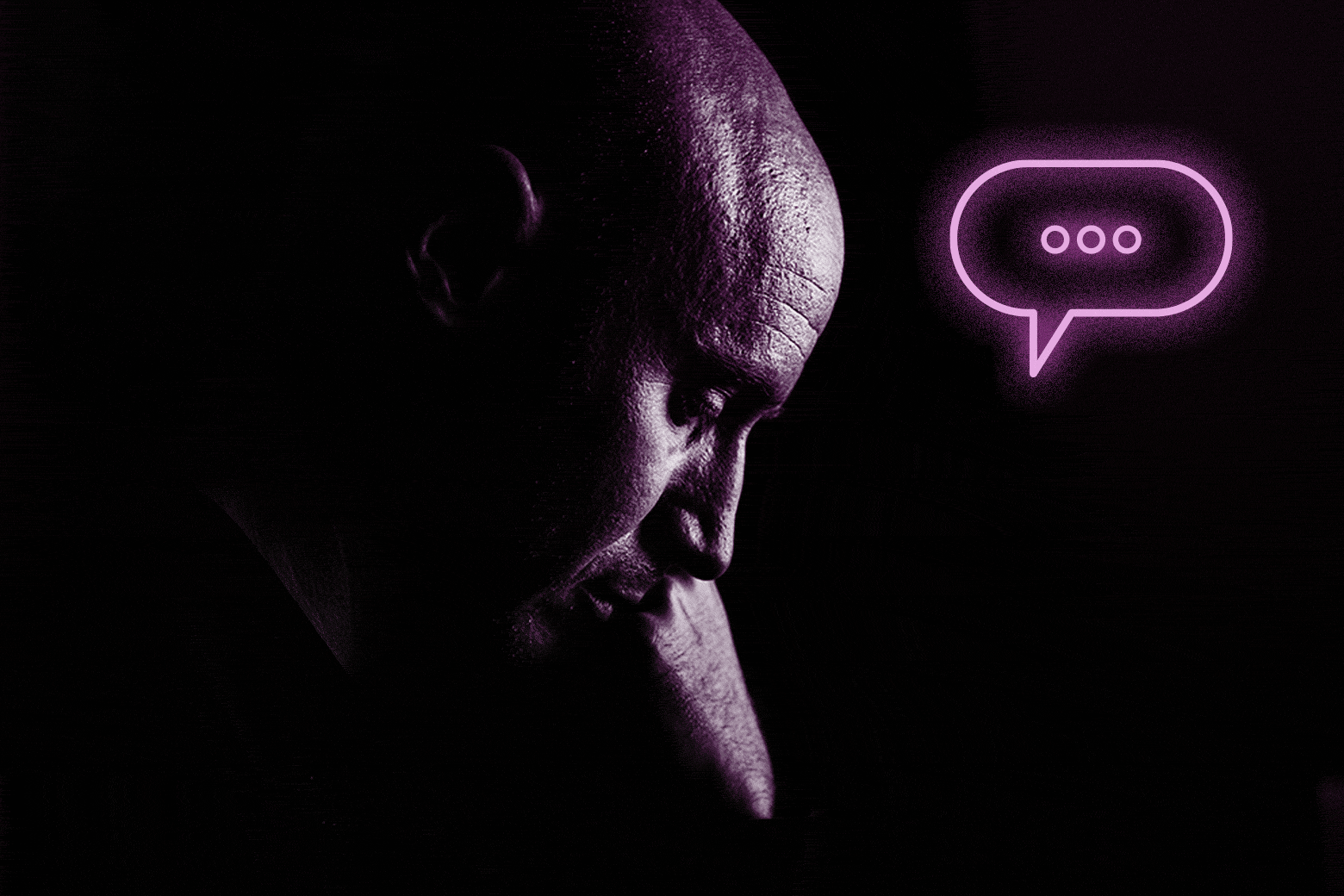fromPsychology Today
6 hours agoIs Premarital Counseling Worth the Time?
At its core, premarital counseling is meant to prepare you and your partner for all the challenges that will test your commitment to one another. It's important to explore topics such as finances, family size, and how to manage in-laws before marriage, but we also need to recognize that the plan decided before marriage may not always apply in 5, 10, or 20 years. Premarital counseling can potentially teach you how to communicate effectively and what you need to discuss.
Relationships























